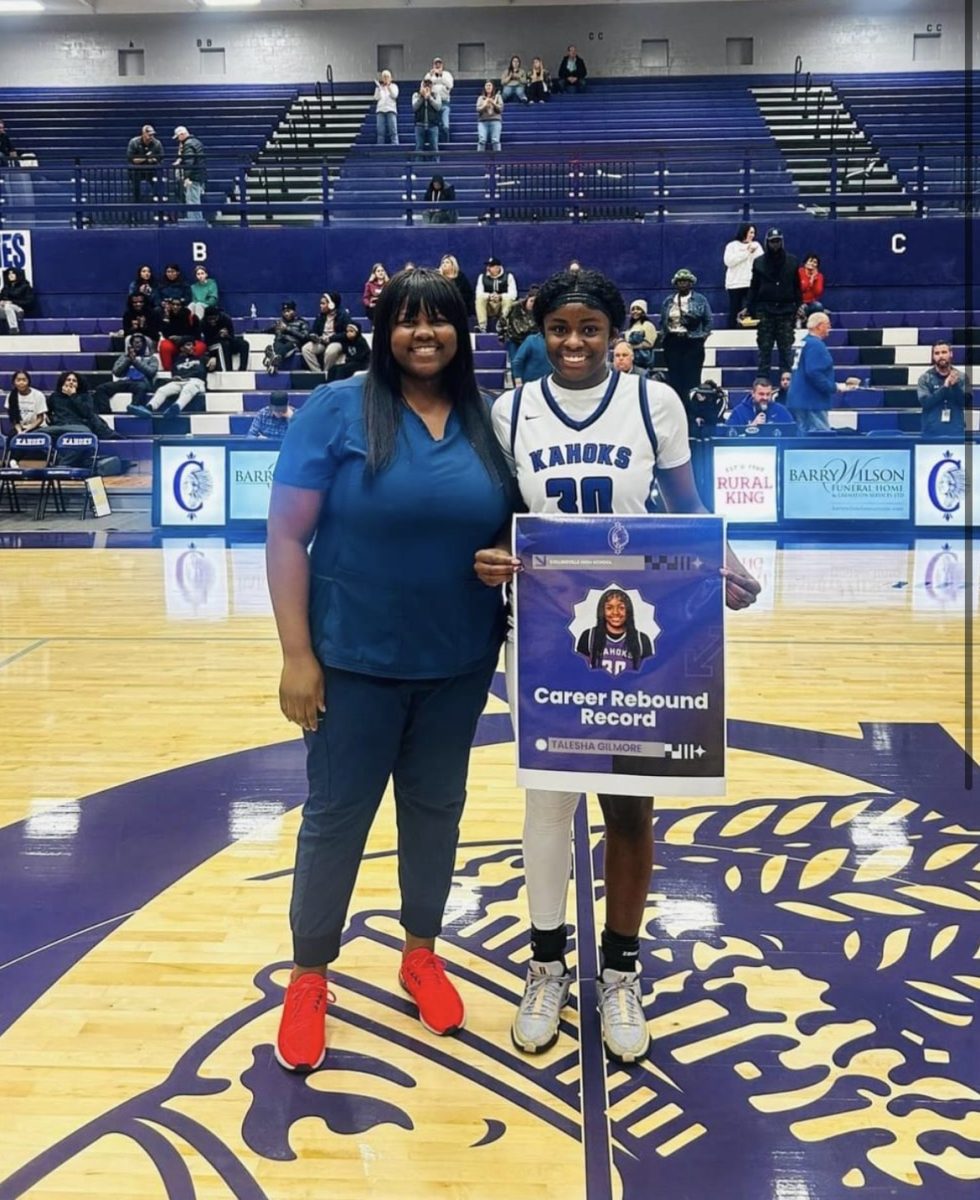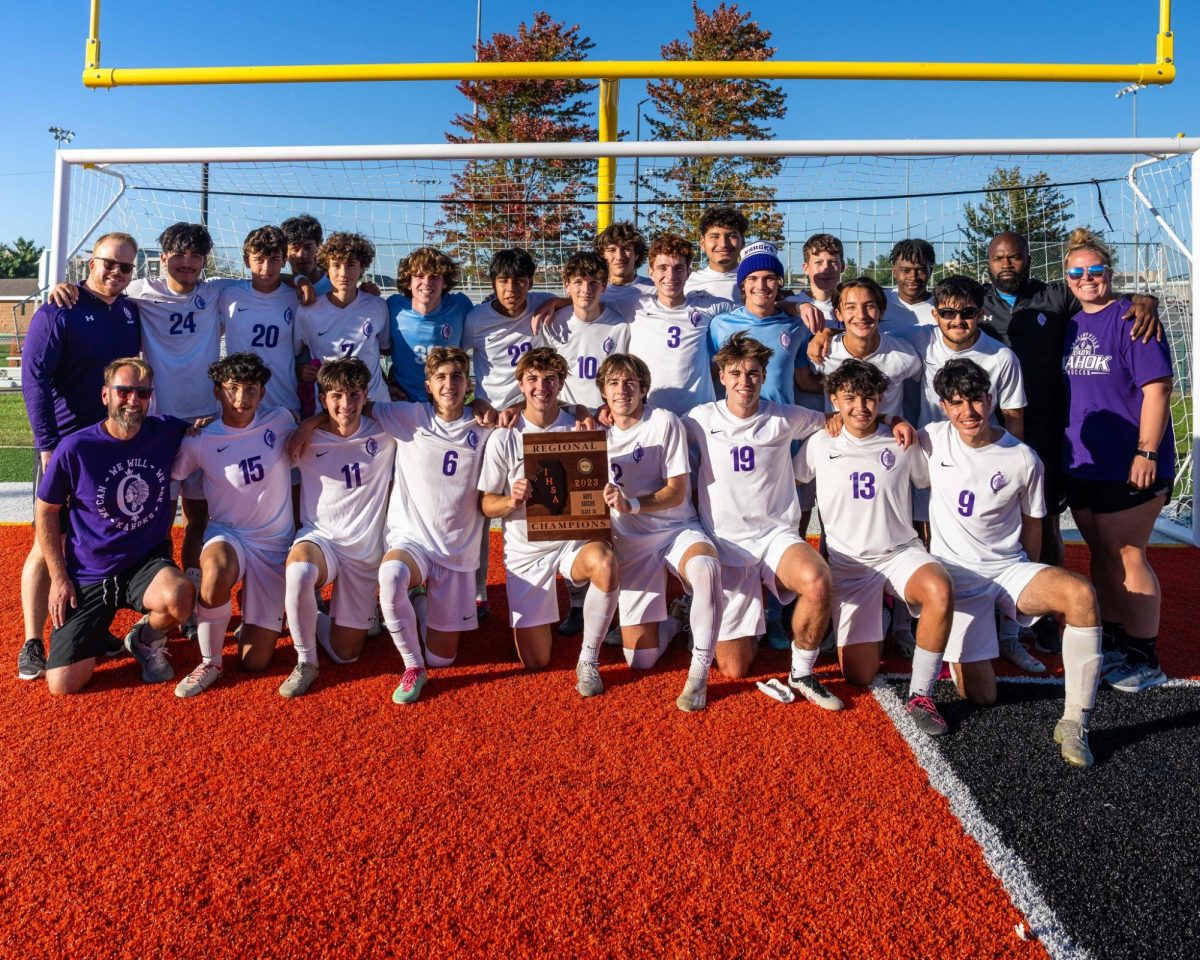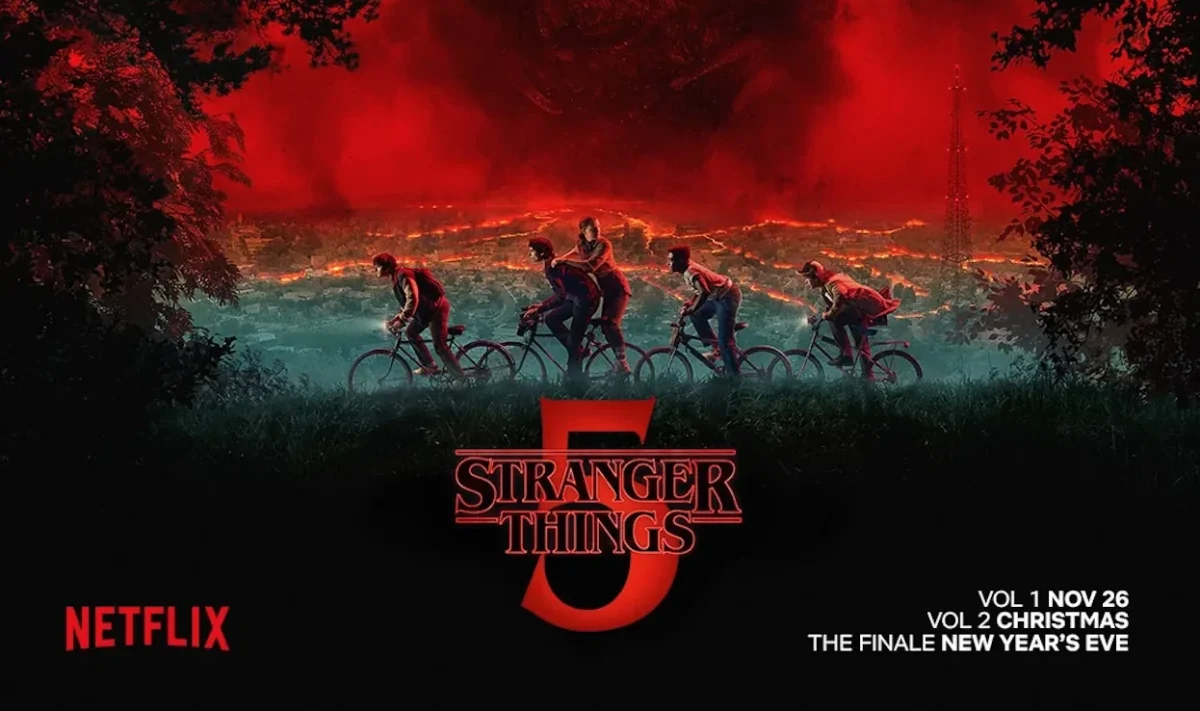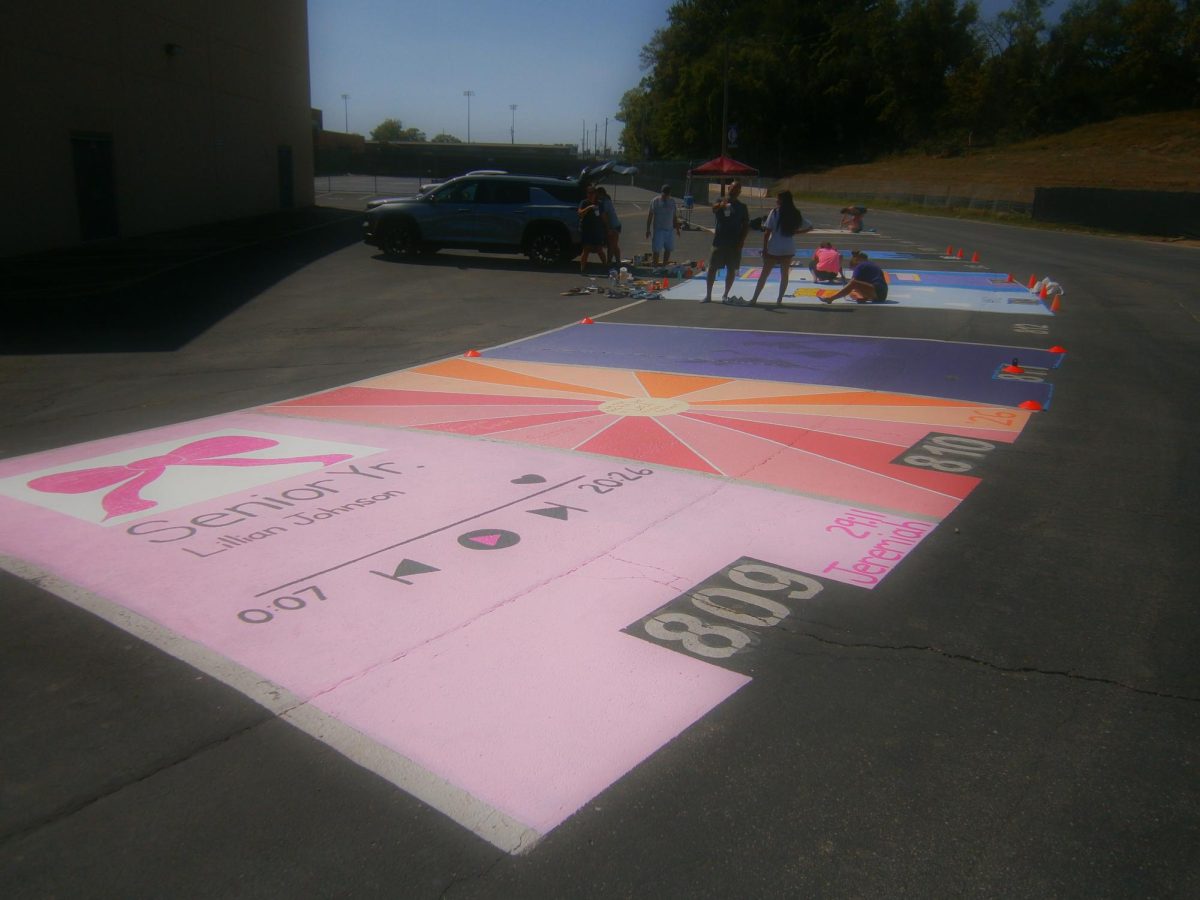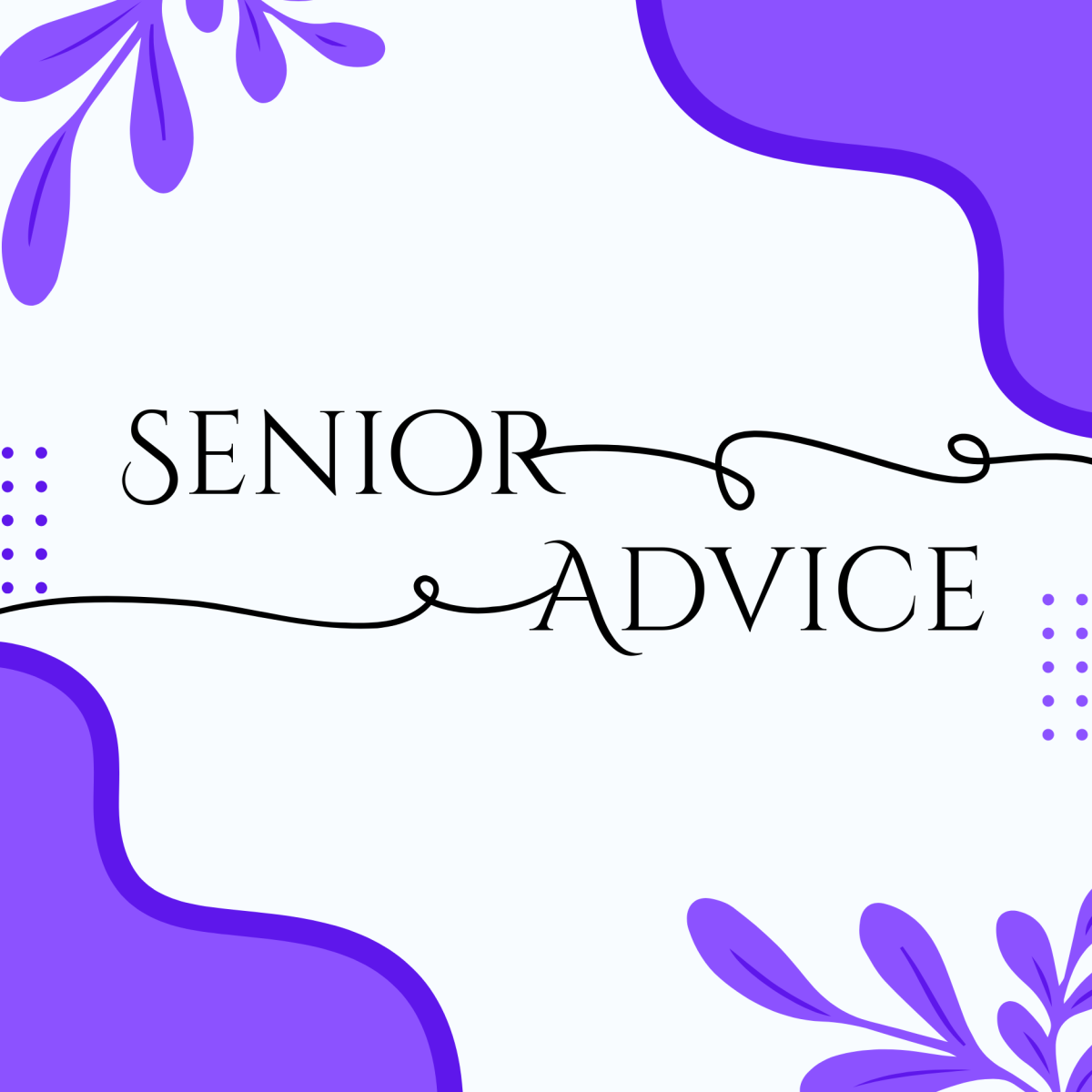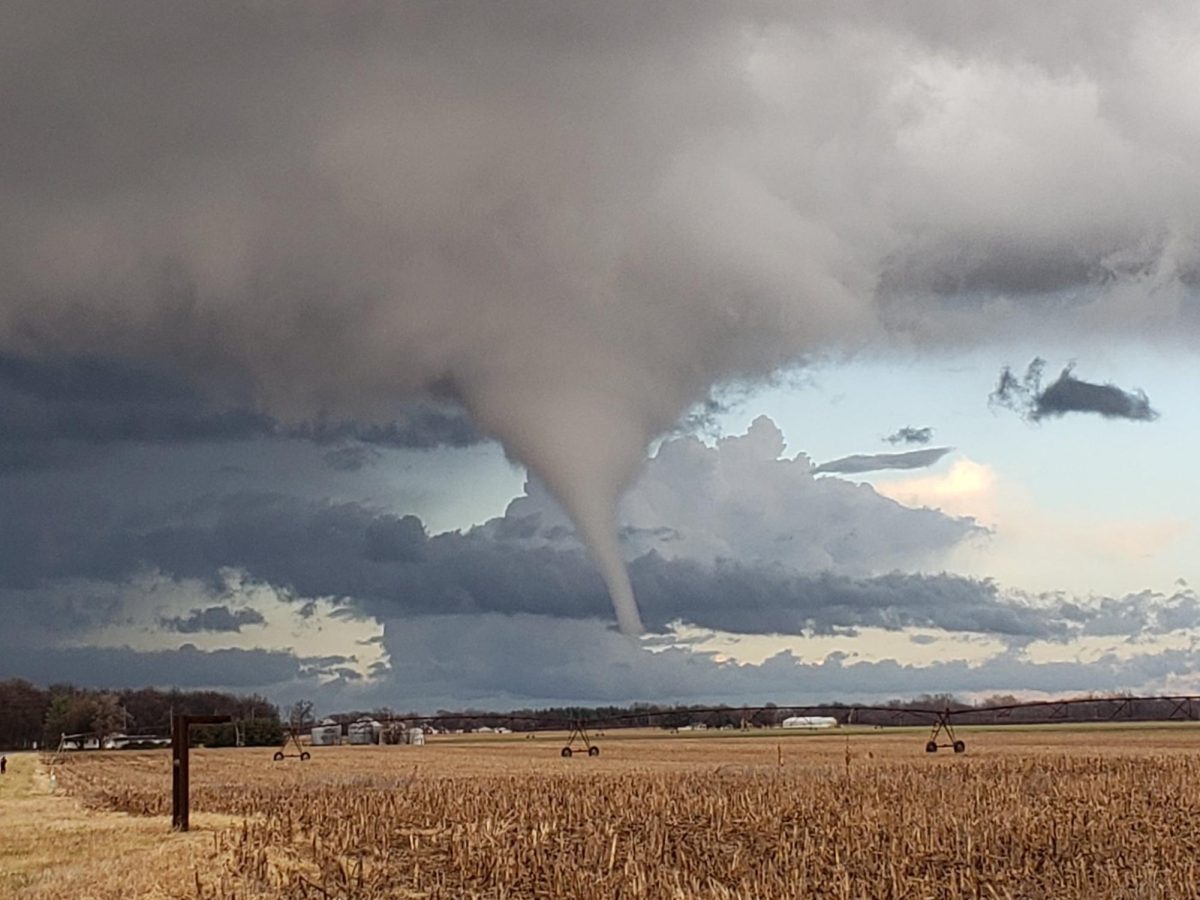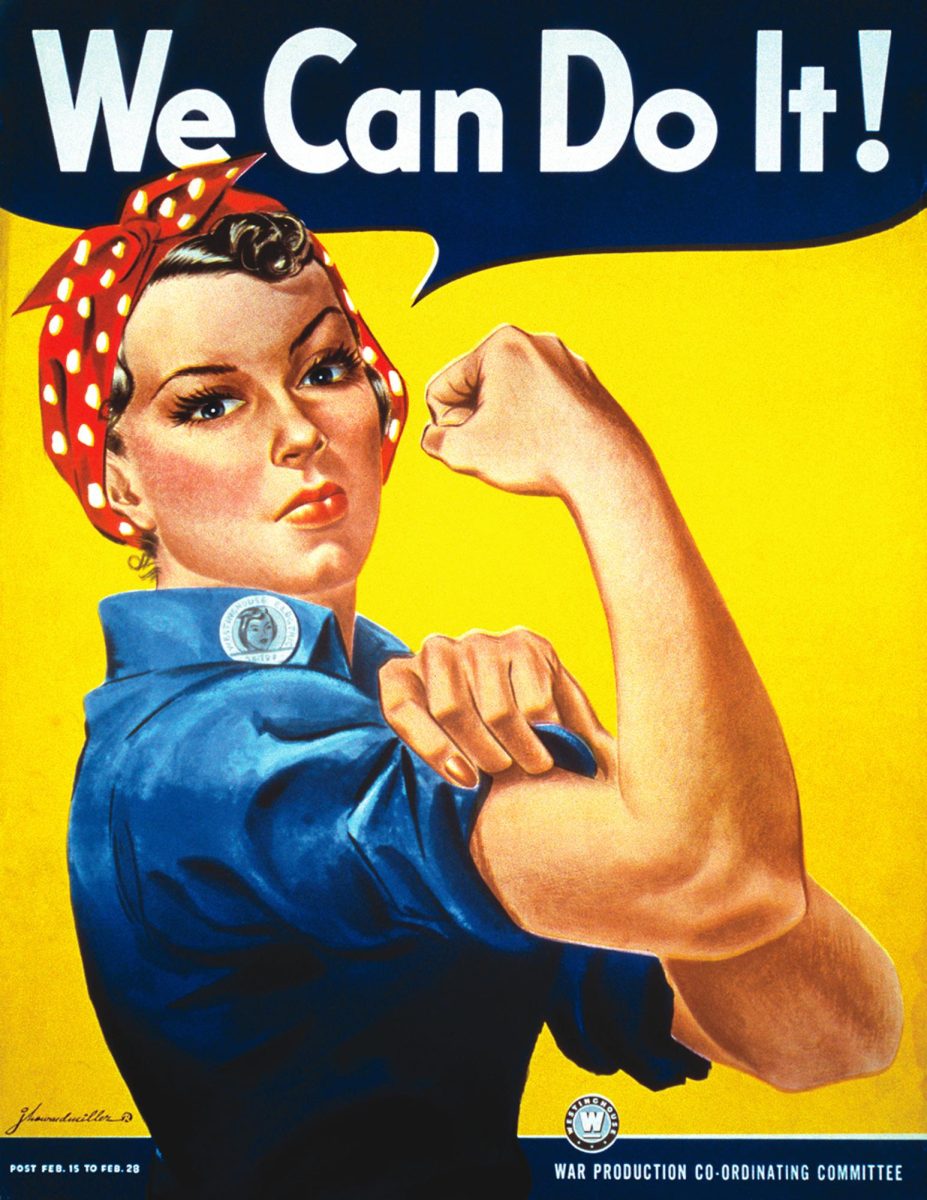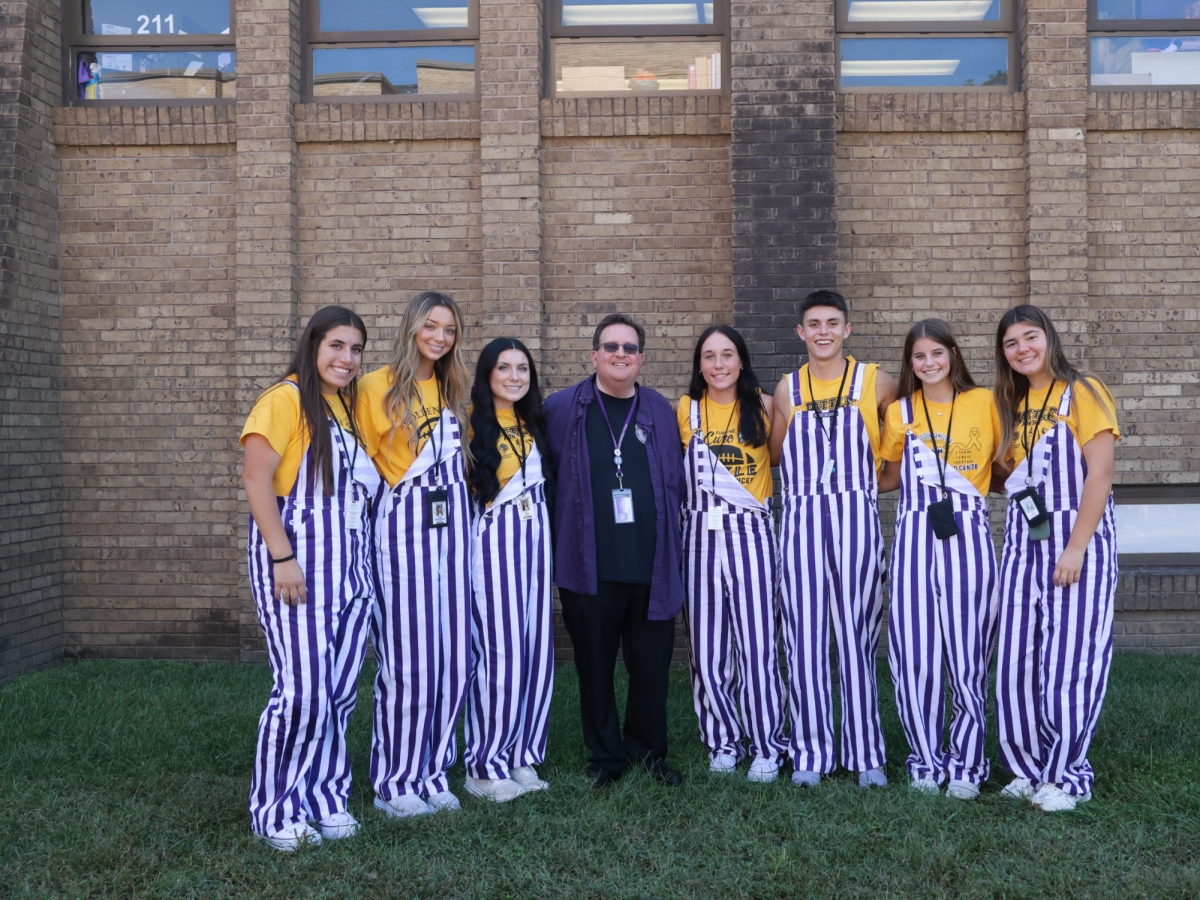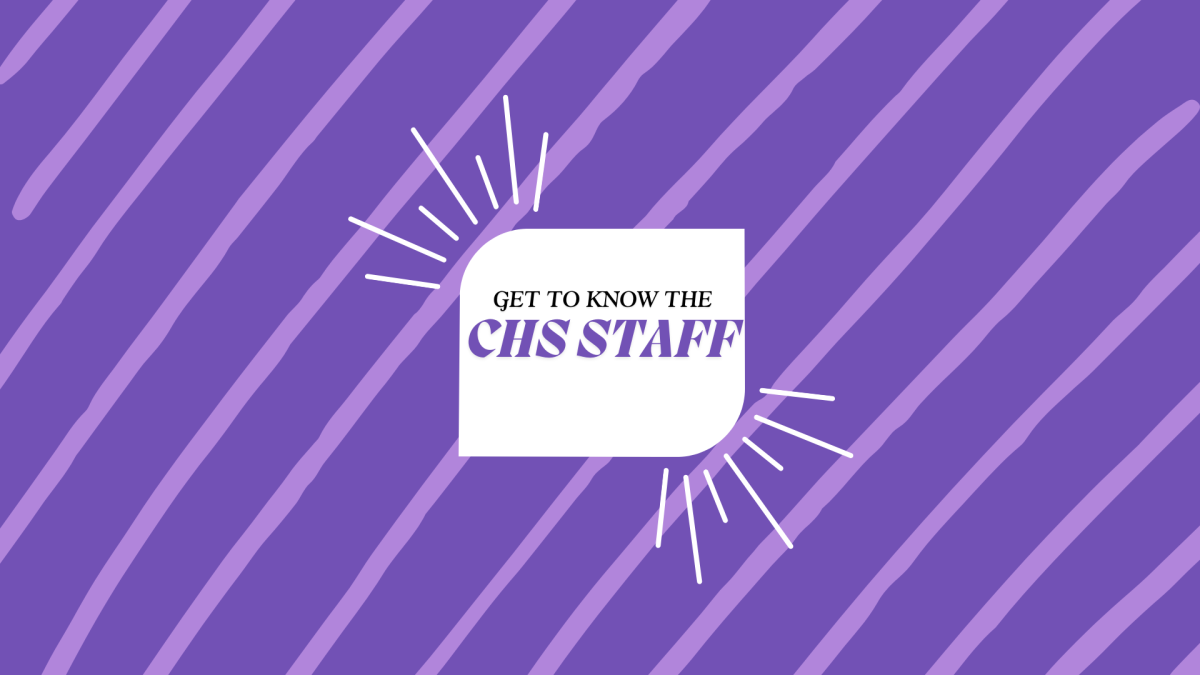October is Breast Cancer Awareness Month, and as many of you are likely aware, CHS did not have its typical Pink Out football game this year. Instead, it was combined with the Homecoming “Purple Out” game. While it is unfortunate that this tradition was not able to have its spotlight moment this year, there was still lots of support at that game. There were many attendees in both purple and pink, ribbons drawn on cheeks, and the marching band had their pink plums.
However, with the Pink Out game being combined with the Homecoming game, it lost a lot of its spotlight and importance. Much more people leaned into the Homecoming aspect of the game instead of the Pink Out. While there were also Pink Out soccer and volleyball games, the attendance of those was much lower than the attendance of the football game. Many people don’t understand the importance of the Pink Out game and breast cancer awareness as a whole.
The biggest part of the Collinsville High School Pink Out game is raising money for the Kelley Liljegren Scholarship. Kelley Liljegren was a teacher and basketball coach at Collinsville High School. In 2017, she unfortunately lost her battle with breast cancer. Since then, KAHOKStrong has awarded a $4,000 scholarship to a Collinsville senior every year to honor Kelley, and keep her legacy and story alive.
Another important aspect of the Pink Out game is spreading awareness about breast cancer. Breast cancer primarily affects women, and oftentimes these women feel like they have to hide or be ashamed. By opening up the conversation and talking about the implications of breast cancer, more and more women will be more comfortable sharing their stories.
My mom, Mellissa Cooper, was diagnosed with stage three breast cancer in August of 2022. As of October 2024, she has gone through 16 chemotherapy treatments, 28 radiation treatments, and four surgeries, with one more scheduled for this December. All of this along with hours in waiting rooms, hundreds of doctors appointments, and more medications than I can count.
Today, she is a huge advocate for early detection. When my mom first found the lump, the doctors thought it was only a cyst. This led to the cancer eventually spreading into her lymph nodes. It wasn’t until later when she still felt like something was wrong that they found the cancer. For more information on self exams, visit breastcancer.org.
Approximately one in eight women will be diagnosed with breast cancer in their lifetime. It is likely that you even know someone who has been diagnosed. Even if you don’t have a personal connection to someone with breast cancer, there are many ways you can still show support and spread awareness.
The biggest way to support those battling breast cancer is to donate. While a list of hundreds of organizations is just a google search away, I’d like to take this opportunity to shoutout Pink Ribbon Good. PRG is an organization that “exists to serve every person and family affected by breast and gynecological cancer.” PRG provides frozen meals to families, many of which I’ve eaten myself, provides rides to treatment for those without someone to take them, and so much more. For more information or to donate, visit pinkribbongood.org.
Another way to support is by buying products that donate money to breast cancer research. Many businesses and brands will accept donations or donate a percentage of their profits to breast cancer organizations during Breast Cancer Awareness Month. One of the best stores I have seen practice this is Cato’s, located in Fairview Heights. They are currently accepting donations for the National Breast Cancer Awareness Foundation, and both their store and employees are decked out in pink decorations. When purchasing breast cancer products, it is important to check the packaging, and to insure that money will actually be going towards an organization.
Finally, anyone can show support by doing simple things like wearing pink, sharing information on social media, and uplifting the stories of survivors. Women of all ages should perform monthly self exams, and women aged 40 and older (younger if there is family history) should be getting a yearly mammogram. We should be recognizing the importance of breast cancer awareness all the time, not just during the month of October.




